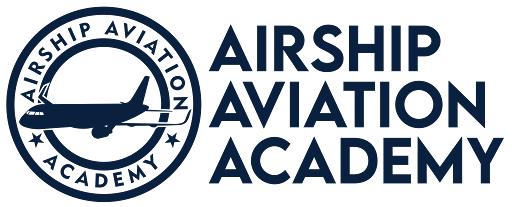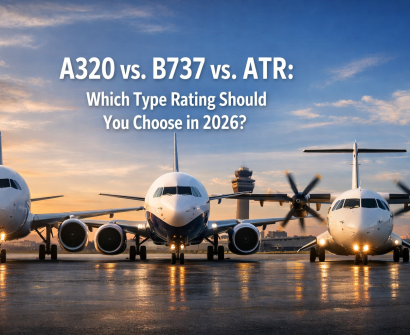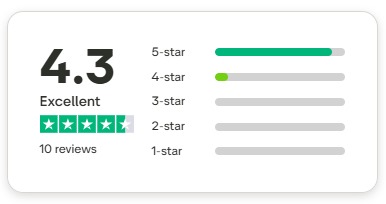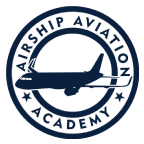Currently Empty: ₹0.00
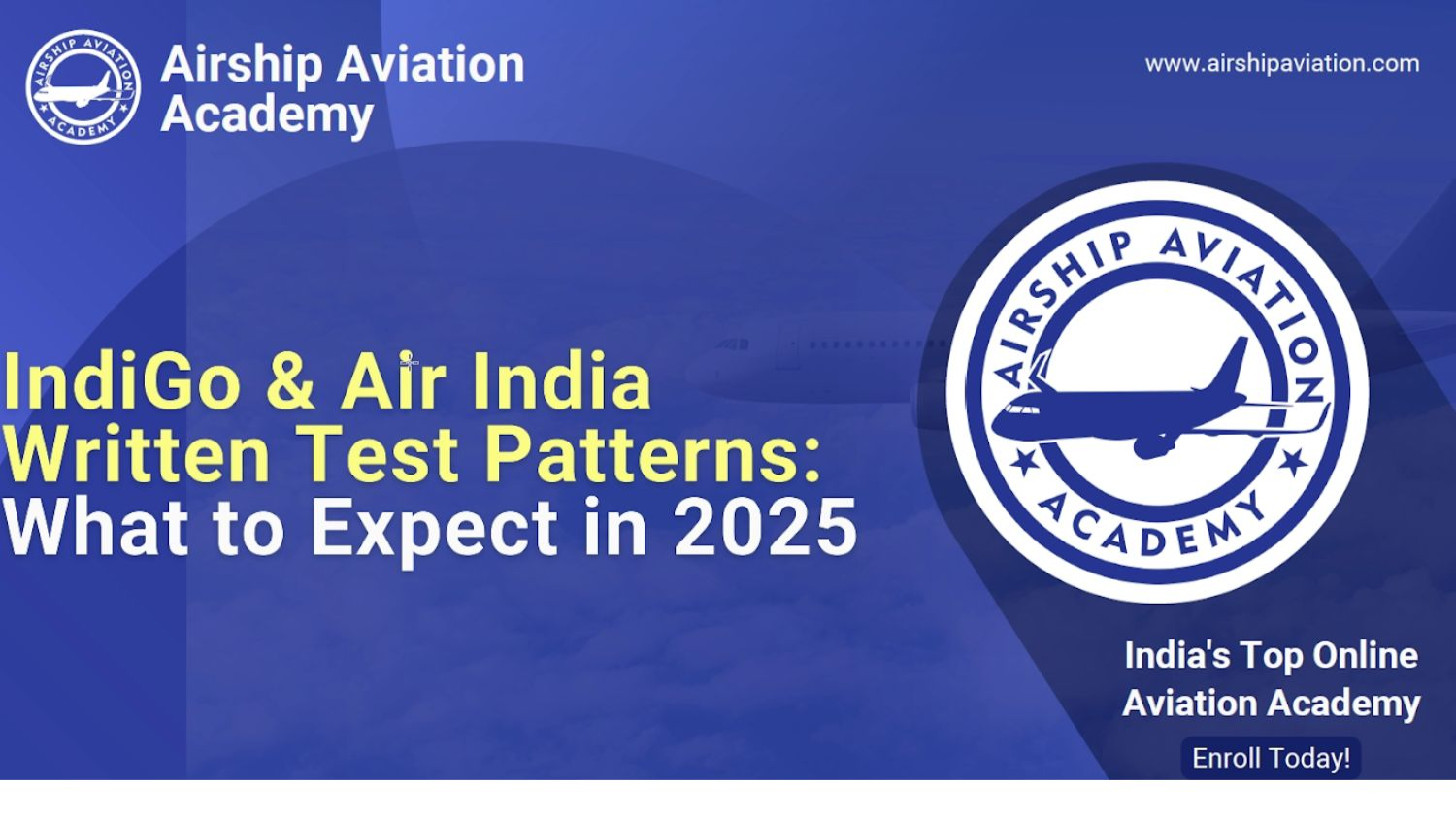
Securing a pilot position with renowned airlines like IndiGo and Air India represents a major milestone in an aviation career. However, before getting your foot in the cockpit, you must navigate the rigorous hiring process. One of the critical components of this process is excelling in the written tests. With 2025 bringing new updates and patterns, it’s crucial to stay informed and well-prepared.
IndiGo & Air India Written Test Structure for CPL & TR Candidates
Test Format Overview
For both Commercial Pilot License (CPL) and Type Rating (TR) candidates, the written tests for IndiGo and Air India consist of multiple-choice questions (MCQs). Here’s a breakdown of what you can expect:
| Parameter | Details |
| Total Questions | 60 questions for CPL candidates, 60 questions (30 CPL-related + 30 A320-related) for TR candidates |
| Duration | 75 minutes |
| Marking Scheme | No negative marking |
| Passing Marks | Typically around 70% |
These tests are designed to evaluate your knowledge in several core areas of aviation. Preparing effectively for them is crucial to securing a place in the competitive aviation job market.
Subjects Breakdown for CPL Candidates
For CPL candidates, the written test primarily covers the following subjects:
1. Meteorology
- Core Topics Covered: Weather patterns, Aviation Meteorology (METAR, TAF decoding).
- Details: This section focuses on understanding the impact of weather conditions on flight operations, including how to interpret weather reports and how various weather systems influence flight planning.
2. Technical General
- Core Topics Covered: Aircraft systems, performance calculations, principles of flight.
- Details: This section assesses your understanding of aircraft operation, flight mechanics, and performance management, which is critical for both daily operations and emergency situations.
3. Air Regulations
- Core Topics Covered: Aviation laws, international and national airspace regulations.
- Details: Mastery of air regulations ensures that pilots are well-versed in the legal and procedural aspects of aviation, which is crucial for flight planning and operational safety.
4. General Navigation
- Core Topics Covered: Basic navigation techniques, distance calculations, bearing and heading.
- Details: This section focuses on foundational flight planning and navigation skills, including the use of maps, charts, and instruments.
Common Mistakes to Avoid in Written Tests
Many candidates make critical mistakes that can affect their test performance. Here are the most common pitfalls and how to avoid them:
1. Underestimating Subject Complexity
A solid understanding of core aviation topics is essential. It’s not enough to skim through the material. You need to delve deeply into each subject to ensure comprehensive knowledge.
2. Neglecting Time Management
The written test requires both speed and accuracy. Practicing under timed conditions can help you get used to managing your time efficiently during the actual test.
3. Inconsistent Revision
Consistent study and revision are key to retaining vital information. Make a schedule for daily study and periodic reviews to reinforce your understanding and prevent forgetfulness.
Preparation for Subject-Specific Written Tests
Aviation Meteorology
- Focus Areas: Study weather conditions, pressure systems, cloud formation, and how weather affects aviation operations, including wind shear, turbulence, and storm systems.
- Resources: Use experienced pilot materials, online meteorology resources, and study groups.
Air Regulations
- Focus Areas: Study the Indian Civil Aviation Regulations (DGCA), international aviation laws, and local regulations. Learn about air traffic control procedures, safety standards, and licensing requirements.
Technical General and Specific
- Focus Areas: Cover the basics of aircraft systems, including hydraulics, engines, electrical systems, and navigation systems. For technical specifics, dive deeper into flight controls, fuel systems, and performance calculations.
Mock Tests and Practice
Regularly taking mock tests is an effective way to familiarize yourself with the exam format and time constraints. After each practice session, analyze your performance and adjust your study plan accordingly.
How A320 Preparatory Classes Can Help You Succeed
For candidates aspiring to work with airlines that operate the A320, like IndiGo, specialized preparatory classes can give you the edge needed to perform well in both CPL exams and A320 exams.
Key Highlights of A320 Preparatory Classes
- Meteorology: Learn how weather conditions impact flight operations.
- Technical General: Understand aircraft systems and technical operations.
- Air Regulations: Master aviation law and safety protocols.
- Navigation: Gain essential skills for flight planning and navigation.
- A320 Systems: Study specific aircraft systems, including hydraulics, electrical, and engine systems.
CPL Recruitment Technical Classes for Airline Recruitment
Our CPL Recruitment technical classes are designed to provide you with the knowledge required to excel in written tests and interviews. These classes cover critical areas of aviation such as:
- Navigation & Aircraft Performance
- Meteorology & Aircraft Performance
- Air Regulations & Instrumentation
- General Navigation & Jeppesen Charts
Conclusion: Kickstart Your Aviation Career
Embarking on your aviation journey requires solid preparation, especially when it comes to written tests. With the right study materials, consistent effort, and a strategic approach, you can set yourself up for success. Start your journey today with comprehensive preparatory classes at our Aviation Training Academy to ensure you’re fully prepared for every step of the recruitment process. Don’t let your dream job slip away—prepare well, stay focused, and increase your chances of landing your dream role with top airlines like IndiGo and Air India.
